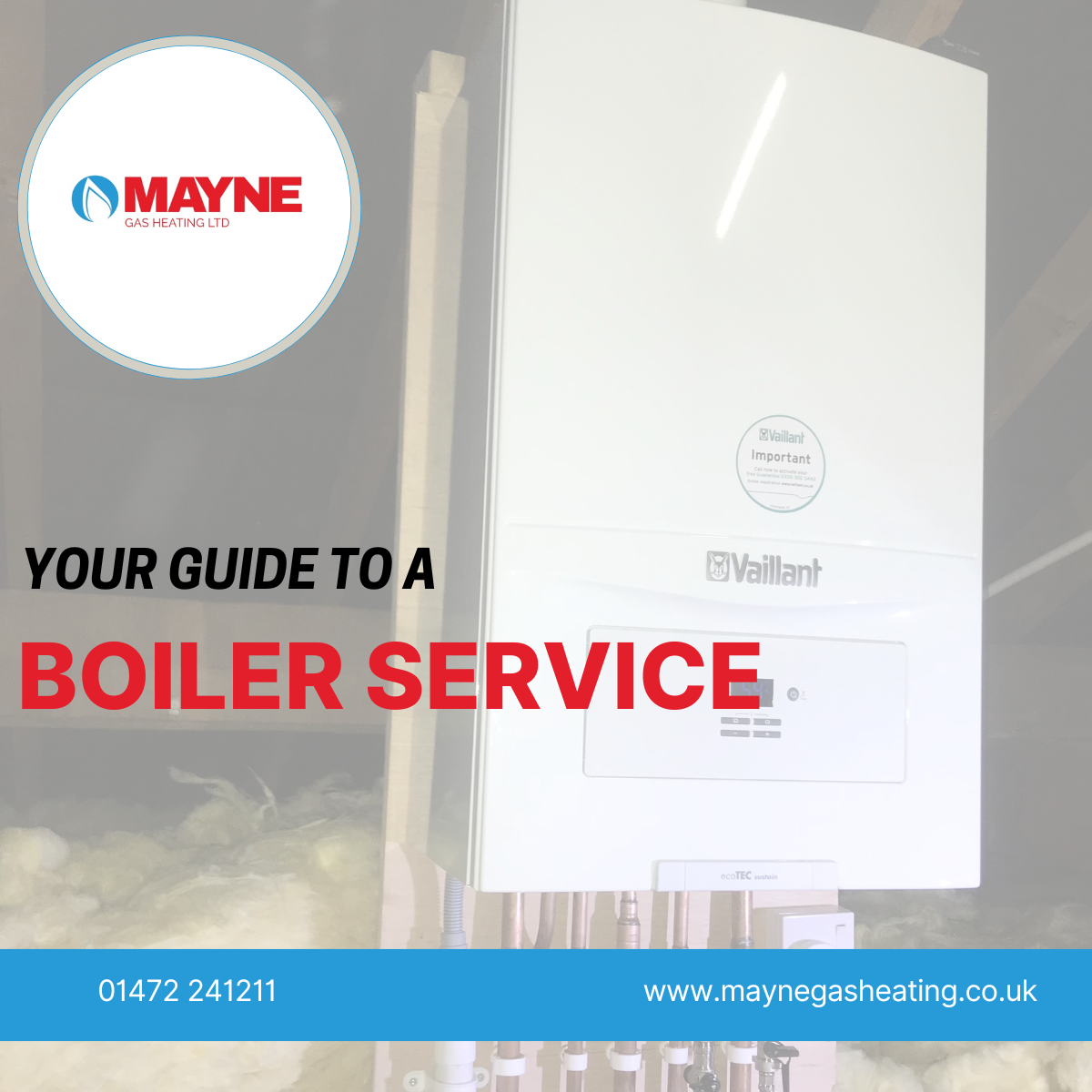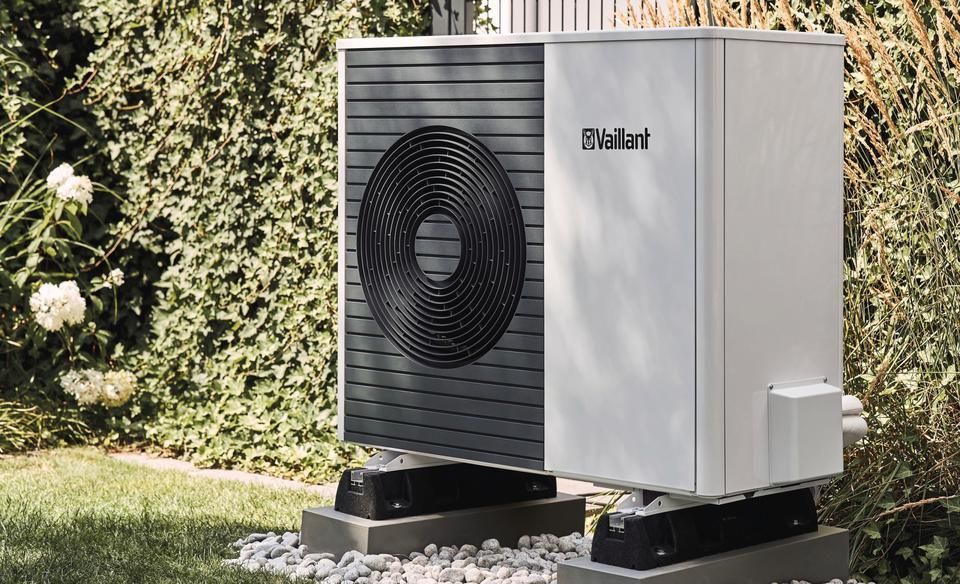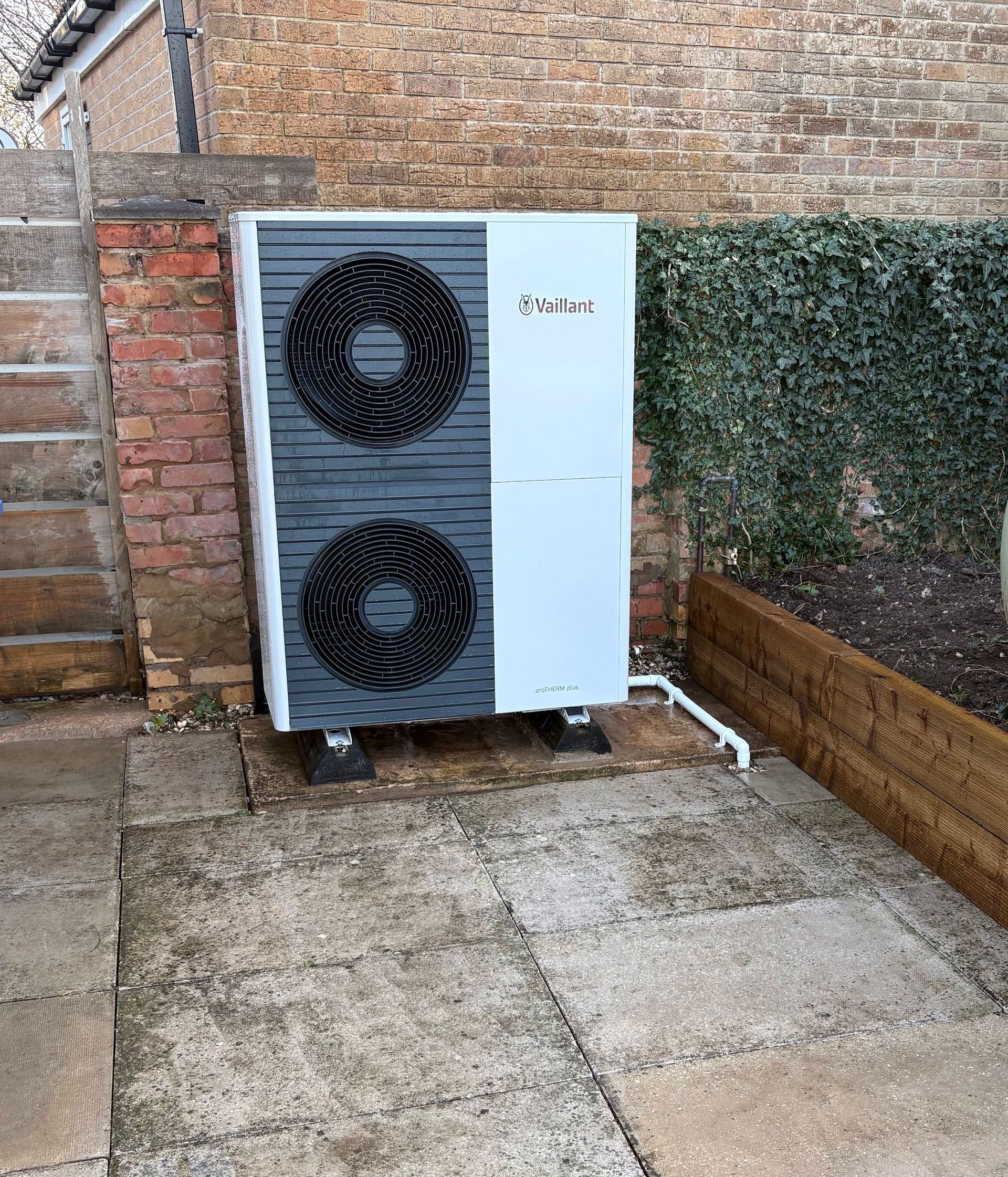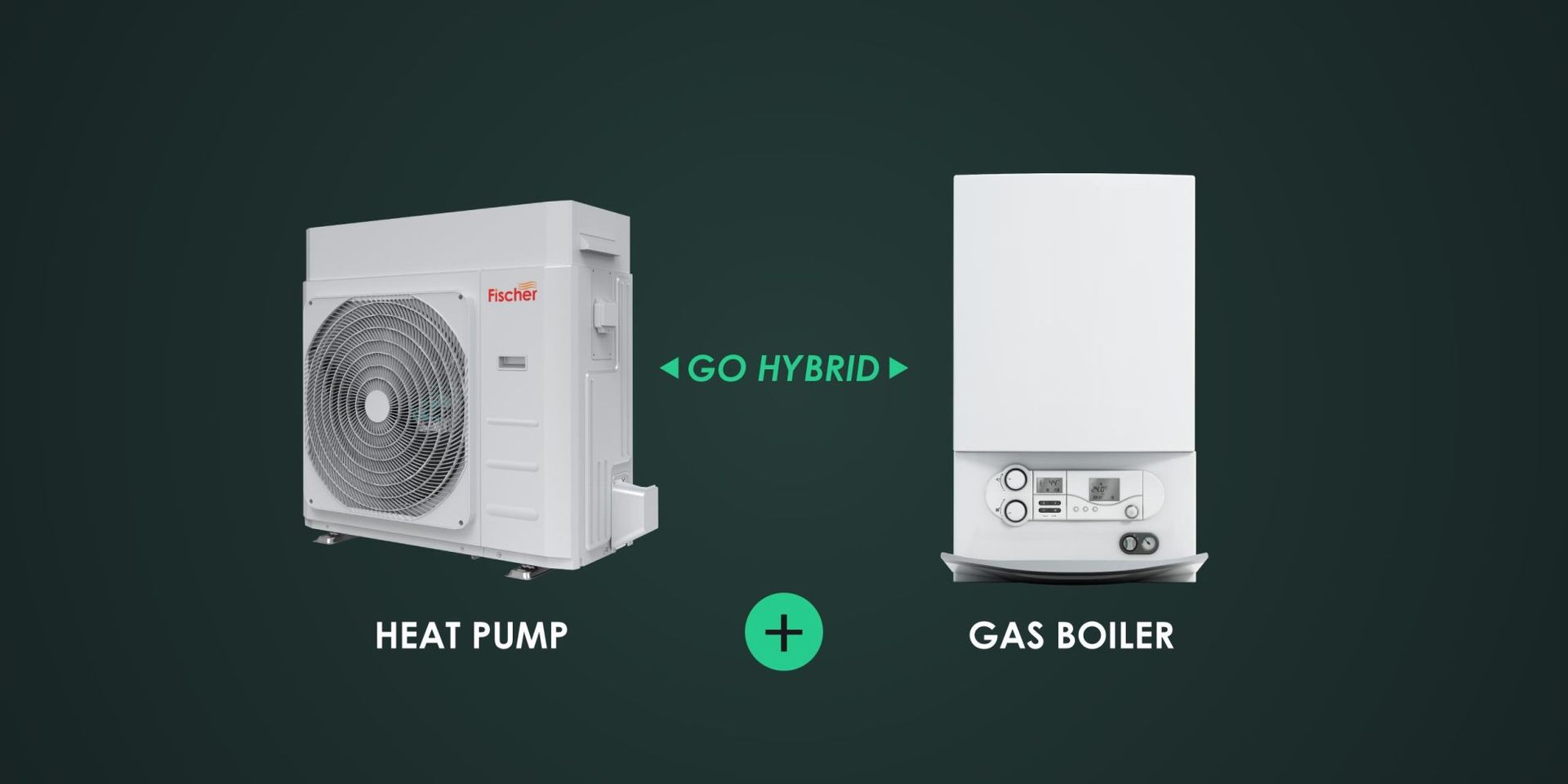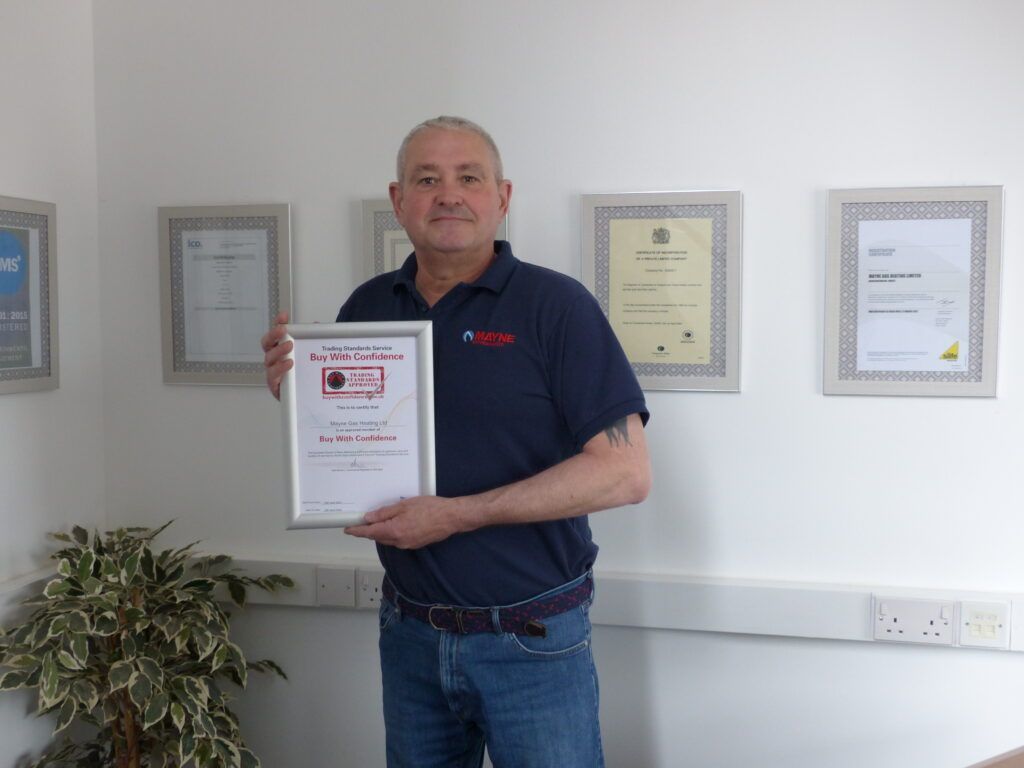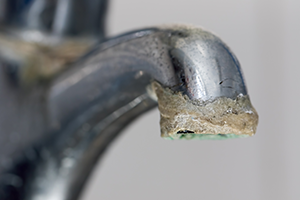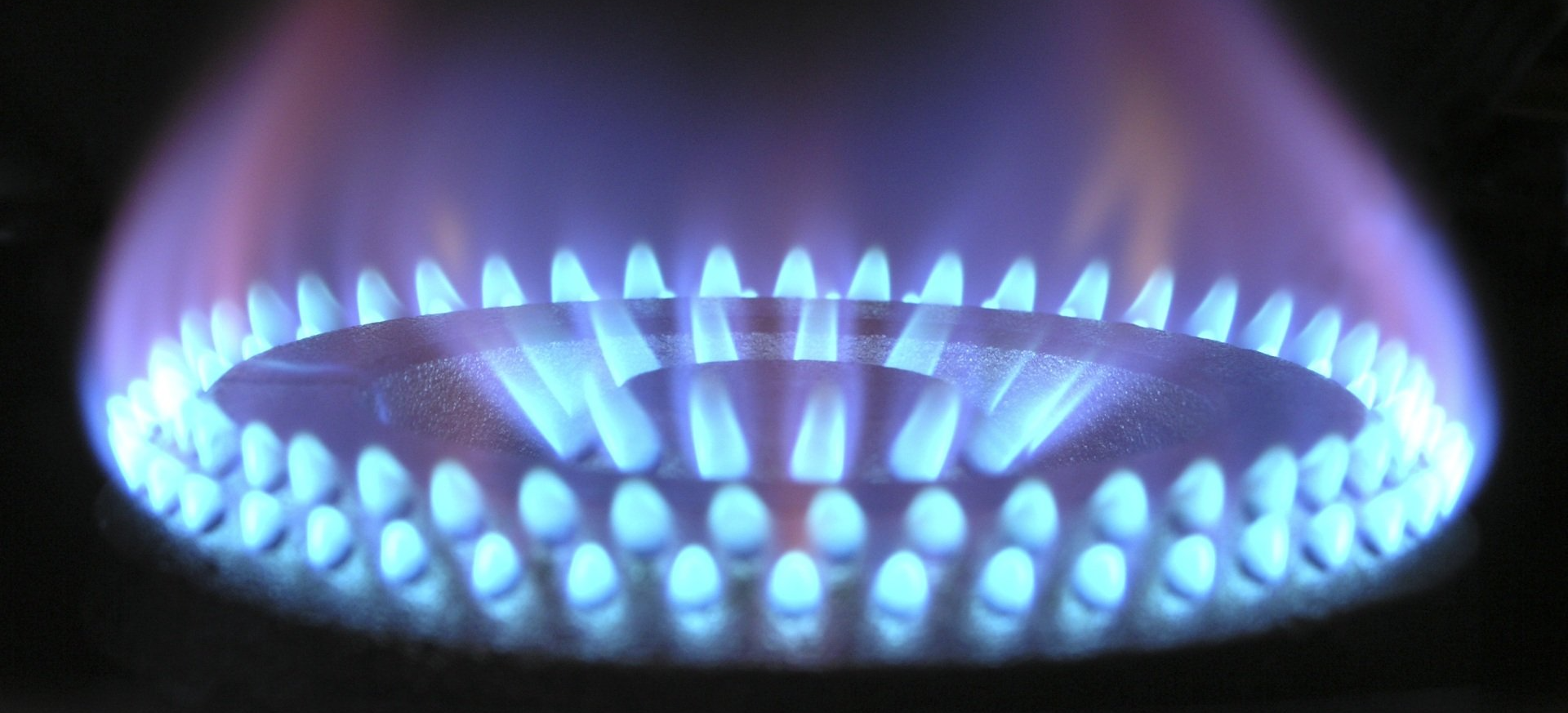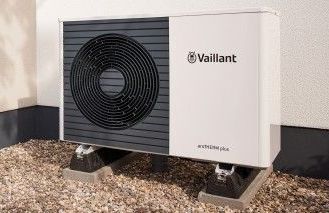by Darren Mayne
•
16 August 2024
A new boiler can be a significant investment for any homeowner in the United Kingdom. It is important to know how much a new boiler will cost before making the decision to purchase one. The average cost of a new boiler in the UK is £2,500 - £3,000; this includes the cost of the boiler itself and the installation costs. However, there are a few things that can affect the price of a new boiler. The type of boiler you choose, the size of your home, and whether or not you need to replace an existing boiler are all factors that will affect the cost. The type of boiler you choose is one of the most important factors in determining the cost of your new boiler. There are three main types of boilers: combi, system, and conventional. Combi boilers are the most popular type of boiler in the UK as they are compact and easy to install. The size of your home is another important factor to consider when determining how much your new boiler will cost. If you have a large home, you will need a larger boiler to heat it effectively. This means that the installation costs will also be higher. Conversely, if you have a small home, you can save money by choosing a smaller boiler. This is something our onsite surveyors will be able to help you with. The average cost of a new boiler in the UK is £2,500 although there are several factors that can affect this price including the type and size of your home as well as whether or not an existing boiler needs to be replaced during installation. Boiler conversions are also an option, and these can range from £2500 to £3500 on average. It is important to consider all of these factors when budgeting for your new boiler purchase. Replacing an old or outdated boiler can be a costly proposition. There are a lot of factors to consider when budgeting for a new boiler, including the type of boiler, the size of boiler, installation costs, and more. Boiler Type: The type of boiler you choose will have a big impact on the price. There are several different types of boilers available on the market, including gas boilers, oil boilers, and electric boilers. Gas boilers tend to be the most expensive, followed by oil boilers. Boiler Size: The size of your boiler will also affect the cost. If you have a large home or business, you'll need a larger boiler to heat it effectively. Smaller homes can get by with a smaller boiler. Installation costs also increase with larger boilers. Installation Costs: Installation costs can vary widely depending on the complexity of the installation and whether or not you need to do any work to prepare your home for the new boiler. Simple installations might only cost a few hundred dollars, while more complex installations could cost several thousand dollars. Fuel Costs: The cost of fuel is another important factor to consider when budgeting for a new boiler. Gas and oil prices fluctuate regularly, so it's important to keep an eye on these costs when shopping for a new boiler. Electric rates are often more stable, but they can still fluctuate from time to time. Location: The location of your home or business can also affect the cost of your new boiler replacement. Boilers located in areas with cold winters will typically be more expensive than those located in warmer climates. This is due to the fact that cold weather requires more energy to heat buildings effectively. Age of Current Boiler: The age of your current boiler is also a factor that affects replacement cost. Older boilers are often less energy-efficient than newer models, so replacing an older model with a newer one can lead to significant savings in fuel costs over time. Efficiency Ratings: When shopping for a new boiler, it's important to compare efficiency ratings carefully. More efficient boilers will typically cost more upfront, but they'll also save you money on fuel bills over time. These savings can quickly offset the initial investment in a more efficient model. Price is always an important consideration when making any major purchase, and that includes buying a new boiler. By keeping these factors in mind, you can be sure that you're getting the best possible deal on your new boiler replacement. Mayne Gas Heating Ltd are your local Vaillant Approved Boiler Installers, our Gas Safe Number is 208527. Based at 2 King Edward Street, DN31 3JD, Covering Grimsby and the surrounding areas. For a free quotation, please call us on 01472 241211 or contact us through our boiler installations page.

